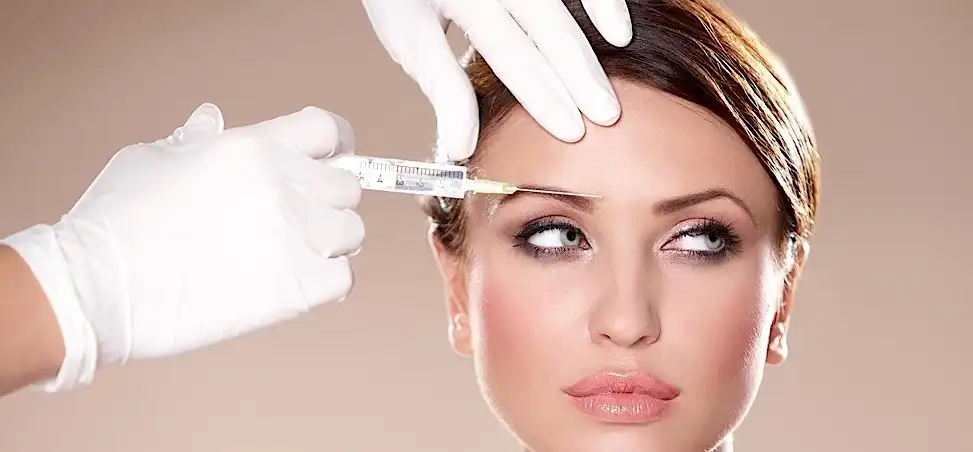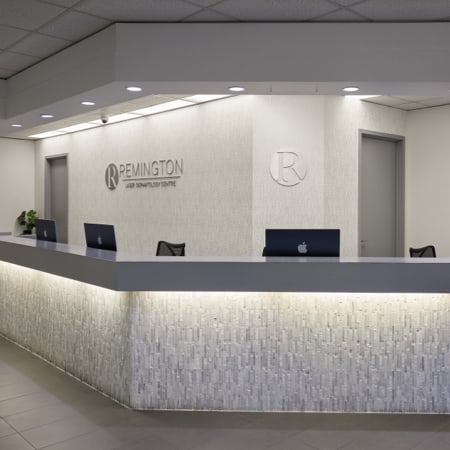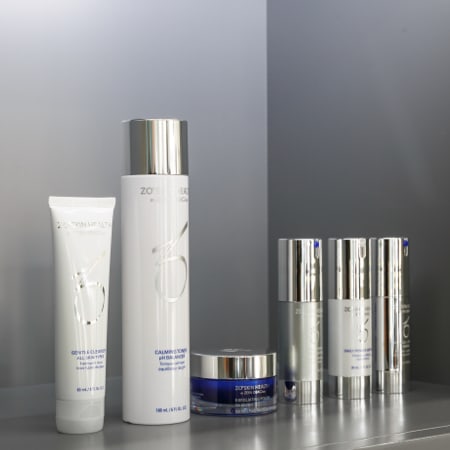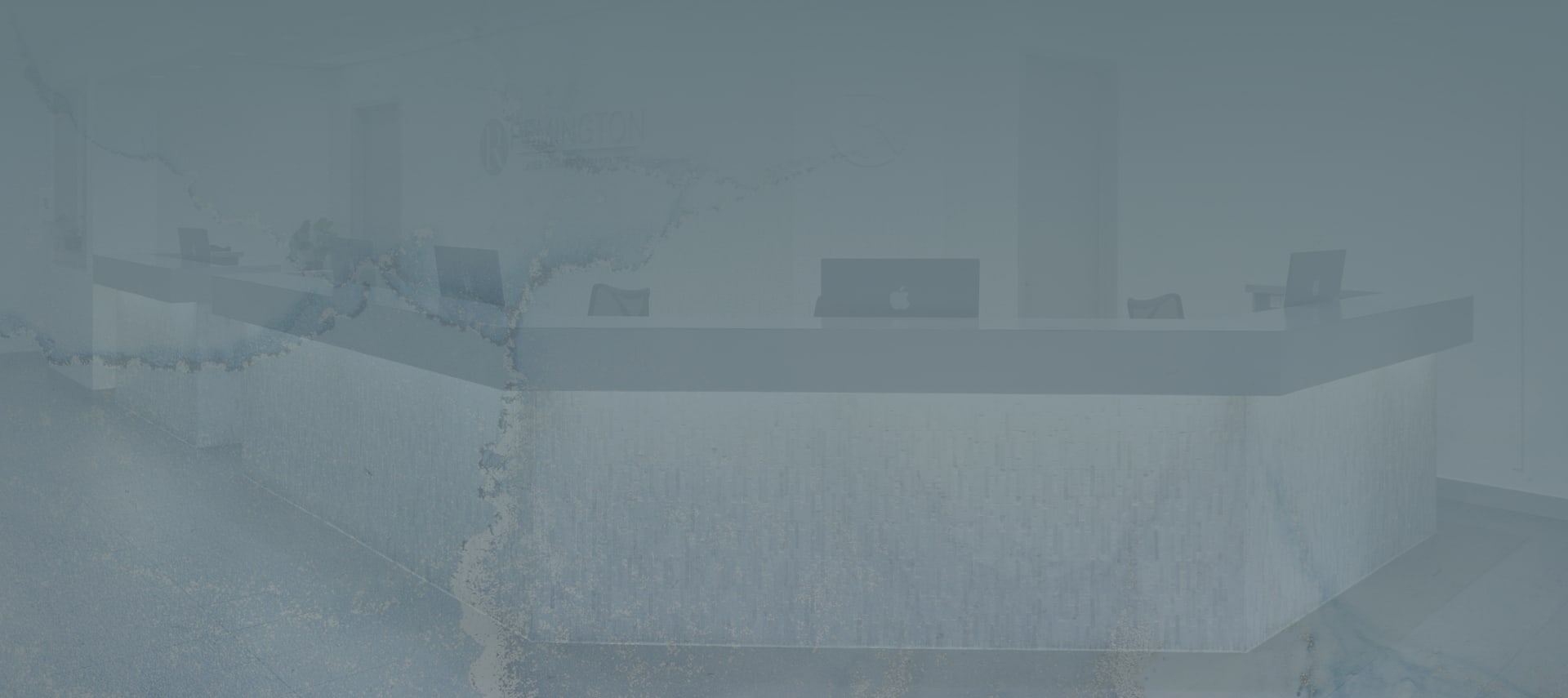You’ve just found something new on your skin. It’s not dirt, and it’s definitely not washing off. What do you do? So many of us head to the internet to see just what it is we’ve found on ourselves. Frantically searching descriptions might turn up some scary suggestions, but there’s always a more benign option that is more often the case. Case in point: Seborrheic Keratoses.
These dark, uneven bumps that appear on the skin can sometimes cause cancer-scares, worrying people for no reason. Though Seborrheic Keratoses is harmless, we always want to see you make sure that’s really what it is. Nothing gives us more peace of mind than properly identifying skin issues, and clarifying that they’re not cancer. If you have one of these pesky bumps, keep reading to learn about Seborrheic Keratoses, and give us a call to ensure that is what it is.
Seborrheic Keratosis: What Exactly Is It?
Seborrheic Keratosis is a growth on the skin, often light tan or brown in color. Sometimes they can be black. They can be a few millimeters or a few centimeters long. They can show up almost anywhere on the body, other than the palms and bottoms of the feet. They’re not cancerous or precancerous.
How Can I Get Rid of It?
Though Seborrheic Keratoses are harmless, they can be slightly itchy in some patients. Some Seborrheic Keratosis are located in problematic areas, such as right where clothing can rub and disturb it. Some patients find them simply annoying and want them to be gone. Though these lesions are known to come back, they can be removed with liquid nitrogen or a Co2 Laser.
The Co2 laser especially gives an excellent cosmetic result in people who desire removal of these lesions (and is a better option for removal of larger lesions).
Dermatosis Papulosa Nigra
Similar to Seborrheic Keratosis, Dermatosis Papulosa Nigra is a sub-type of SK that occurs in African Americans, Asians, and Polynesians. These are also not harmful and not cancerous. Some may prefer to have them removed for cosmetic reasons.
Schedule a consultation
If you’re not sure what that little lesion is, give us a call. It’s always better to know it’s benign and stop worrying. Call us today at (403) 255-1633 to schedule a consultation with one of our amazing doctors!





























